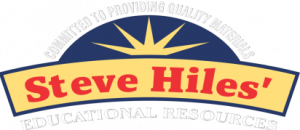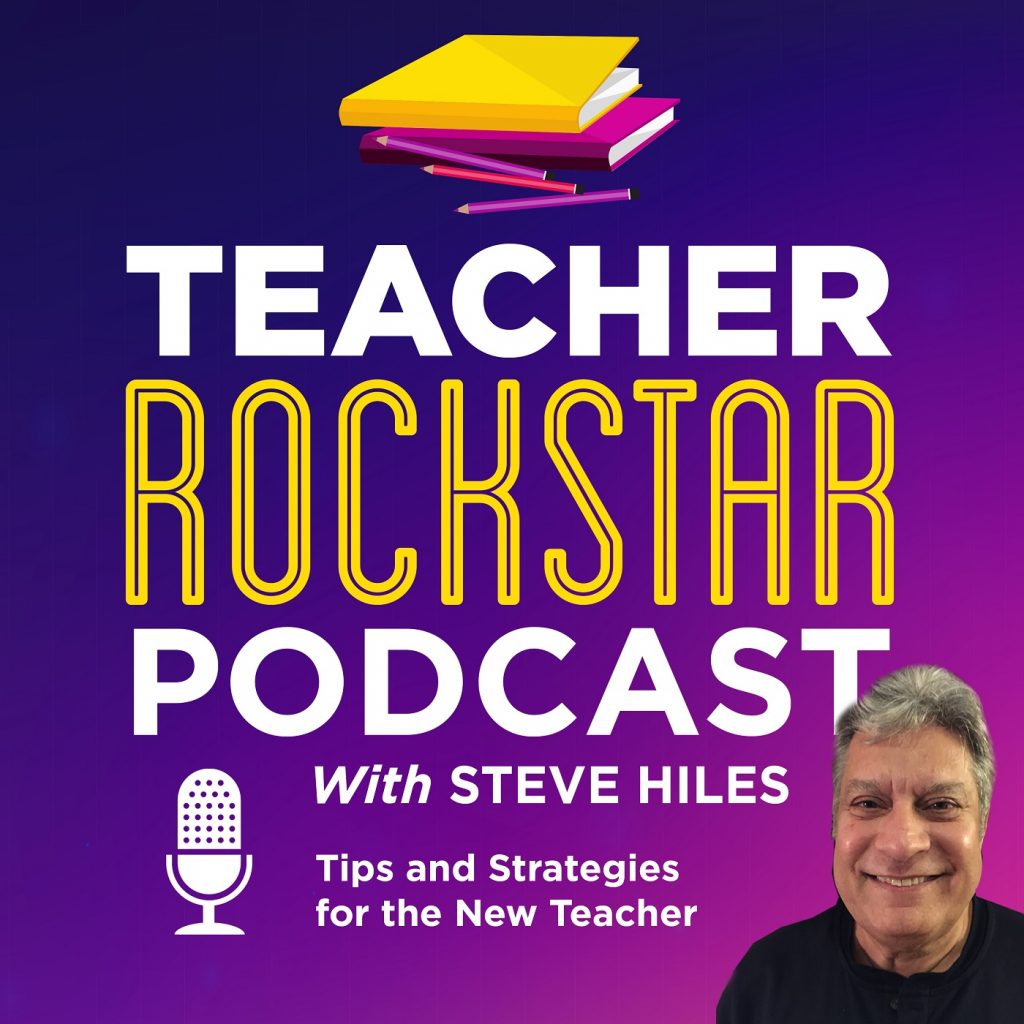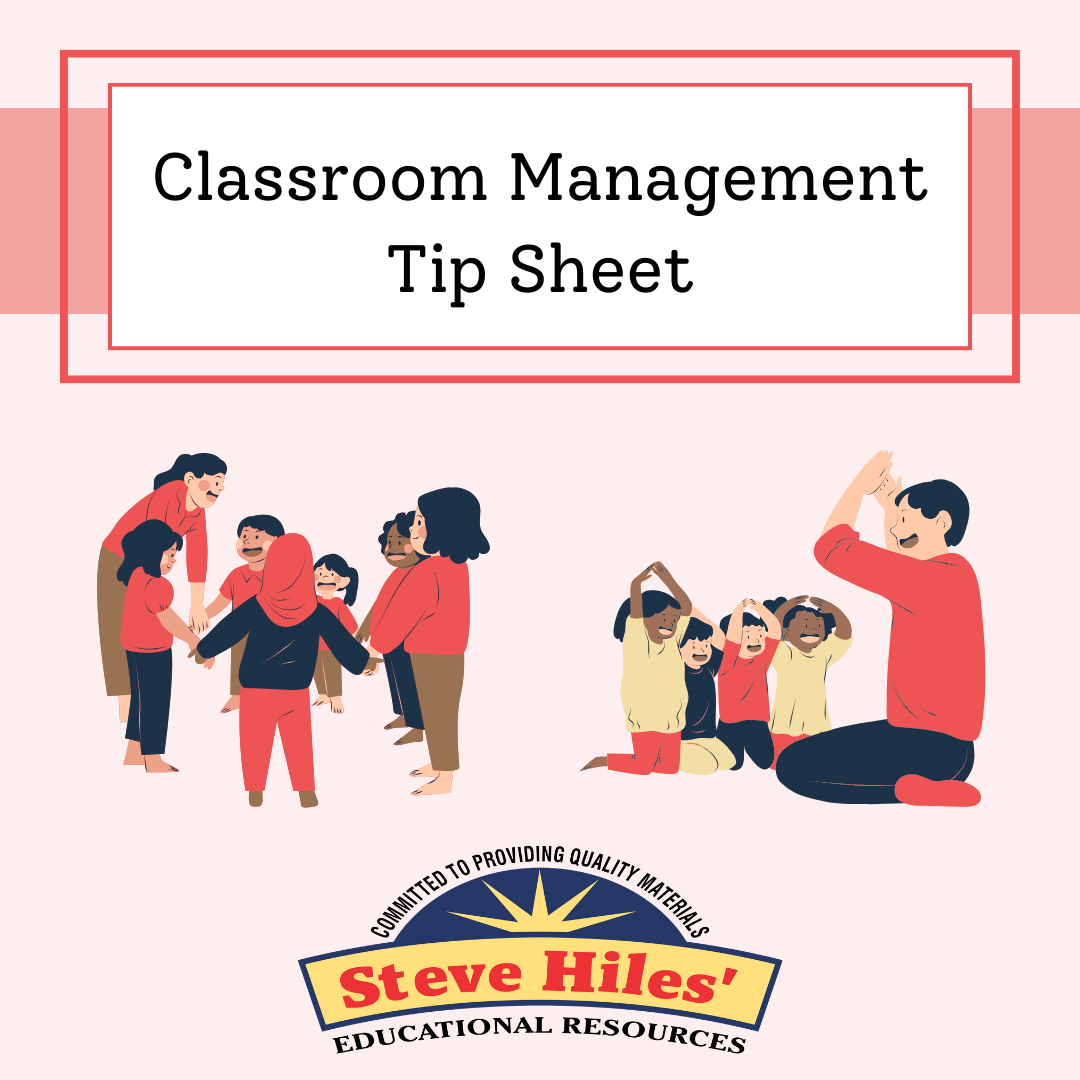When solving a crossword puzzle, it helps to prepare yourself before you begin. Try to have a dictionary and thesaurus handy, especially if you are doing the Sunday New York Times puzzle, so that you will not be stymied by obscure words and phrases. Make sure you have a good, sharp No. 2 pencil or two, and an eraser is necessary as well. You will want to be in a well- lighted area, and it is best if you are sitting at a table or desk. It is a good idea to read over all the clues before you start, so that you have an idea about which clues are easy, and which are going to be a little more difficult to solve. It is also helpful to mark the clues according to difficulty, perhaps making a tick mark on clues you can solve easily.
Then, put a different mark on difficult clues you will need to refer to reference material to solve. Be prepared to take a break and rest your mind occasionally, especially if it is one of the larger puzzles common in the Sunday newspaper. When I solve a crossword, I always fill in all the easy clues first, breaking the puzzle into blocks, across and down, until I reach the end of the clue list. By doing this, I give myself a head start on the harder, longer words, and eliminate a third to a half of the puzzle.
Occasionally I will find a clue that could have two or more solutions, and I will write all of them down alongside their respective clues until I have solved enough squares to eliminate the words that do not fit. Once I have completed all the easy clues, I start on the longer words that are not related to the theme of the puzzle. I have never encountered these sometimes-obscure words before. I use my dictionary and thesaurus when I encounter a word with which I am unfamiliar. Occasionally I have to refer to my Bible or an encyclopaedia, since sometimes the clue will be a Biblical quote, or a reference to a specific location or an event in history. I work through these clues in the same manner as the easy clues, block by block. As I fill in more words, the puzzle gets easier to solve, especially since some of the individual squares are already filled in by solving previous clues.
Eventually, once I have solved all but the longest clues, I have to discern the theme of the puzzle.
Much of the time, these longer clues will be a play on words and related to the theme of the puzzle, and I am able to solve them by process of elimination and by applying simple logic.
Occasionally, however, the puzzle author has gotten a little tricky, and used numbers or symbols to complete parts of the word or phrase, and then I have to get creative. For instance, recently I solved a puzzle that had the word “arrow” in each theme related clue, and it took me a little while to figure out that I needed to put an actual arrow where these clues intersected.
Another time, I had to replace the word “one” with a numeral one.
If you follow these simple steps, you will probably find that solving a crossword puzzle is not as difficult as you once believed, and you will get a wonderful feeling of accomplishment.
By the time you finish the puzzle, you will find that you have not only relieved some of the stress of your day, but also exercised your mind.







